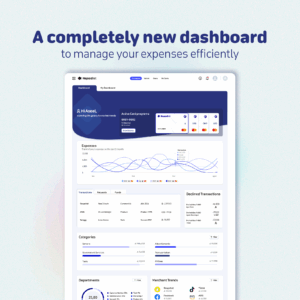Cash flow is the lifeblood of any business, especially startups. It’s the measure of money coming in and going out of your company and having a clear grasp of your cash flow is vital for making informed financial decisions and ensuring the sustainability of your business. To help startups understand cash flow better, we’ve gathered eight crucial questions entrepreneurs should consider. Think of these questions as a guide that helps you understand your business’s finances better and strengthens your path to long-term success.

- What is my burn rate?
The burn rate is the amount of money your startup is spending each month. It’s important to know your burn rate so you can make sure you have enough money to keep your business afloat.
2.When will I reach profitability? (or, What Is My Break-Even Point?)
Profitability is the point at which your business is making more money than it’s spending. It’s important to know when you’ll reach profitability so you can plan your finances accordingly.
3.What are my biggest cash flow gaps?
Cash flow gaps are periods of time when your business is spending more money than it’s bringing in. These gaps can be caused by a variety of factors, such as seasonal fluctuations, slow sales, or unexpected expenses. It’s important to identify your biggest cash flow gaps so you can take steps to mitigate them.
- When Do My Customers Pay?
Analyze your customer payment terms. Are you getting paid upfront, upon delivery, or with a delay? This insight helps you manage cash inflow expectations.
- When Do I Pay My Suppliers?
Similarly, understand the terms under which you pay your suppliers. This timing impacts your cash outflow and potential shortages.
6.What are my financing options?
If you’re having trouble generating enough cash flow, you may need to consider financing options. There are a variety of financing options available, so it’s important to shop around and find the one that’s right for your startup.
7. How can I improve my cash flow?
There are a number of things you can do to improve your cash flow, such as:
- Get a line of credit or other financing.
- Negotiate better terms with vendors.
- Reduce your operating expenses.
- Invest in cash flow forecasting and company spend management tools.
- Plan ahead for investment rounds.
8.Am I Monitoring Cash Flow Regularly?
Consistently tracking your cash flow is essential. Use accounting software or tools to monitor inflows, outflows, and trends. For a startup, managing and closely monitoring business spending is perhaps the most crucial part. This practice helps you spot potential issues early on.
Understanding your startup’s cash flow can mean the difference between success and failure. By asking these critical questions, using technology to streamline expense management, and maintaining a vigilant watch over your cash flow, you empower your startup to make informed decisions, tackle financial hurdles, and build a strong foundation for future success. So, dive into the intricacies of your cash flow, leverage technology to your advantage, and pave the way for a financially sound journey ahead.





